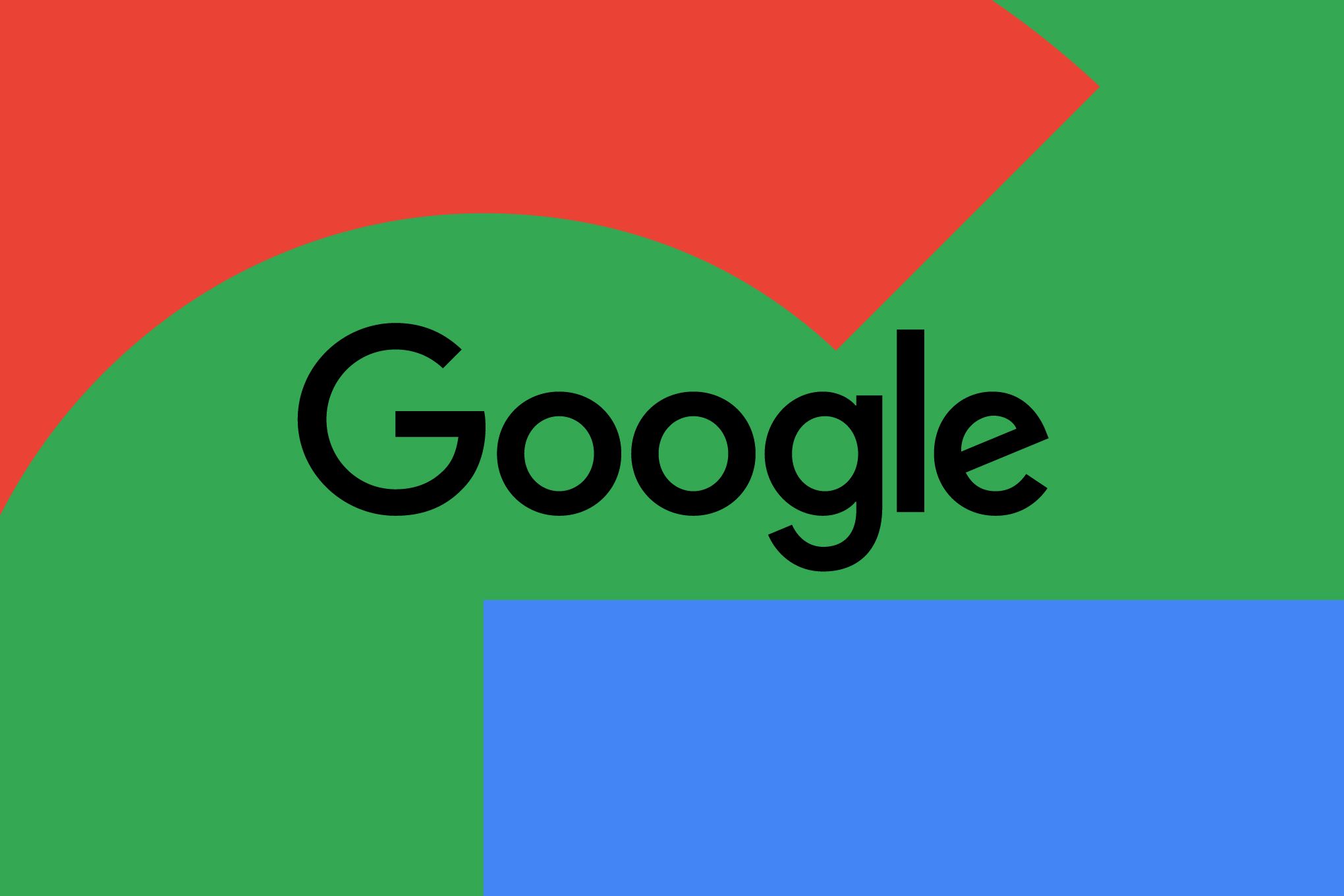A federal jury just delivered a devastating blow to Google, ordering the tech giant to pay $425 million for systematically violating user privacy. The verdict stems from an eight-year scheme where Google continued tracking millions of users even after they explicitly disabled data collection settings, affecting 98 million users across 174 million devices.
Google just got slammed with a $425 million reality check that could reshape how tech giants handle user privacy. The federal jury verdict delivered in California represents one of the largest privacy settlements in recent memory, sending shockwaves through Silicon Valley as investors digest what this means for the broader industry. The decision stems from a class action lawsuit filed in July 2020 that accused Google of unlawfully harvesting app activity data from users' mobile phones between July 2016 and September 2024. The smoking gun? Court documents reveal that Google kept collecting user data across third-party applications even when users had explicitly turned off their "Web & App Activity" setting. This wasn't a technical glitch or oversight – this was systematic data collection that continued for nearly eight years despite users believing they had opted out. The Web & App Activity toggle sits at the heart of Google's data empire, supposedly giving users control over how the company collects information about their searches, location, and activity across third-party sites and apps. According to Google's own support documentation, the company uses this data to deliver "more personalized experiences" – translation: better ad targeting and higher revenue per user. The jury wasn't buying Google's defense. They found the company liable on two of three claims: invasion of privacy and intrusion upon seclusion. The numbers tell the story of the scale here – the class action covers approximately 98 million users across 174 million devices. The plaintiffs originally sought over $31 billion in compensatory damages, making the $425 million award seem almost modest by comparison. But don't expect Google to write that check anytime soon. "This decision misunderstands how our products work," Google spokesperson José Castañeda told The Verge in a statement that signals an aggressive appeal strategy. "Our privacy tools give people control over their data, and when they turn off personalization, we honor that choice." Google's legal team is doubling down on a technical argument that they treat data "pseudonymously" when users disable the Web & App Activity setting. Google claims users "knew and consented" to this practice, essentially arguing that pseudonymization equals privacy protection. The timing couldn't be worse for Google as the company faces mounting regulatory pressure across multiple fronts. This verdict arrives as lawmakers are crafting comprehensive federal privacy legislation and state attorneys general are launching their own investigations into big tech data practices. The ripple effects are already visible in after-hours trading, with privacy-focused competitors seeing upticks while Google's parent faces questions about potential additional exposure. Industry analysts are parsing the tea leaves for what this means beyond the immediate financial hit. The precedent here could embolden other class action attorneys to challenge similar data collection practices across the tech ecosystem. , , and all deploy sophisticated tracking mechanisms that could face similar scrutiny under this legal theory. What makes this case particularly damaging is the timeline – eight years of alleged violations creates a paper trail that's hard to dismiss as inadvertent. The jury's decision suggests they viewed this as intentional deception rather than technical complexity, a distinction that could influence how courts approach future privacy cases. Google's appeal will likely focus on challenging the damages calculation and the scope of the class, but the underlying liability findings create a template for future litigation.







